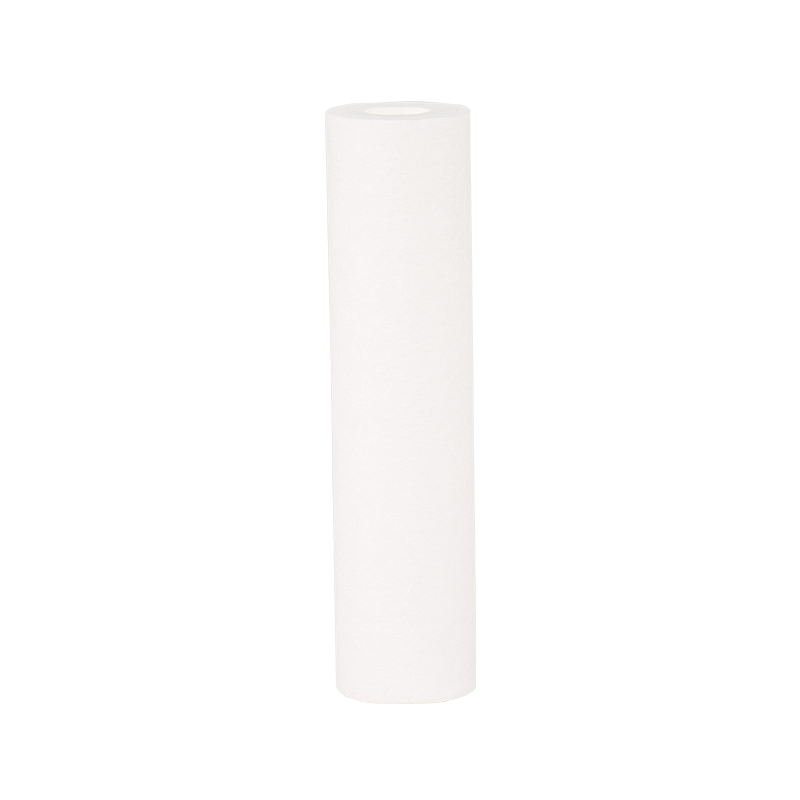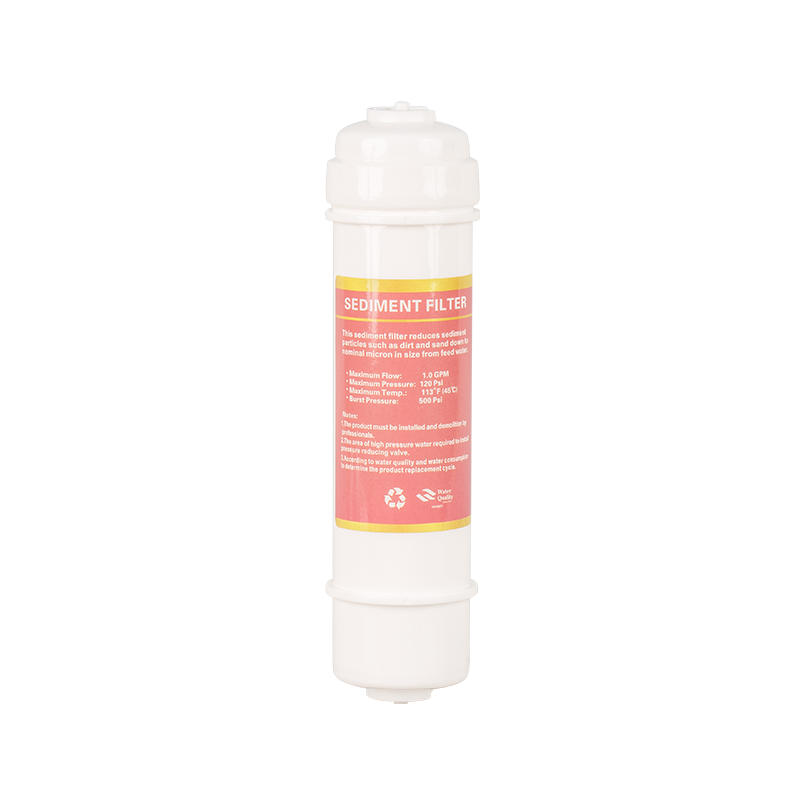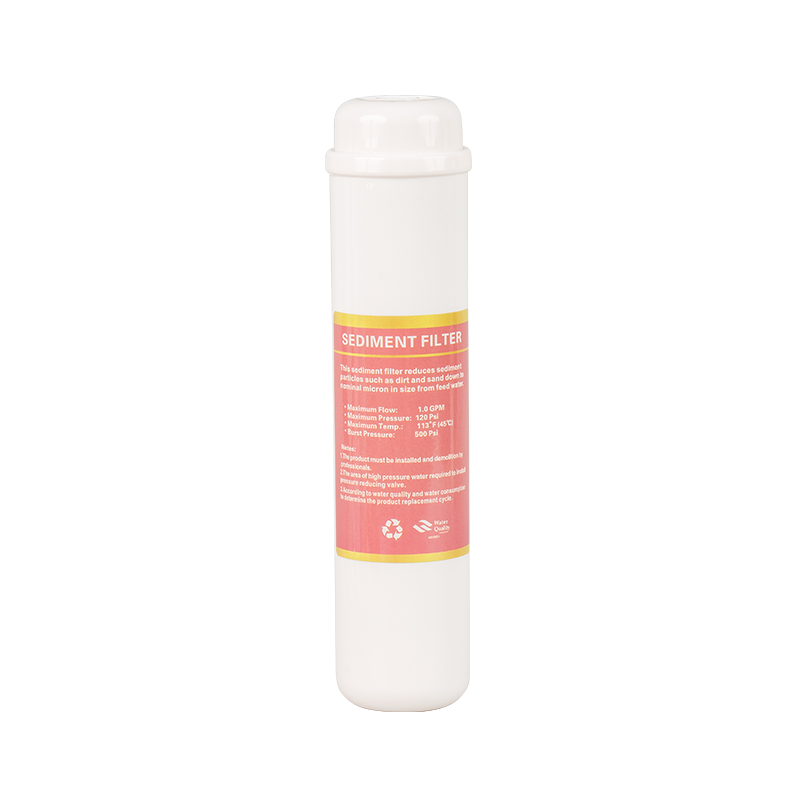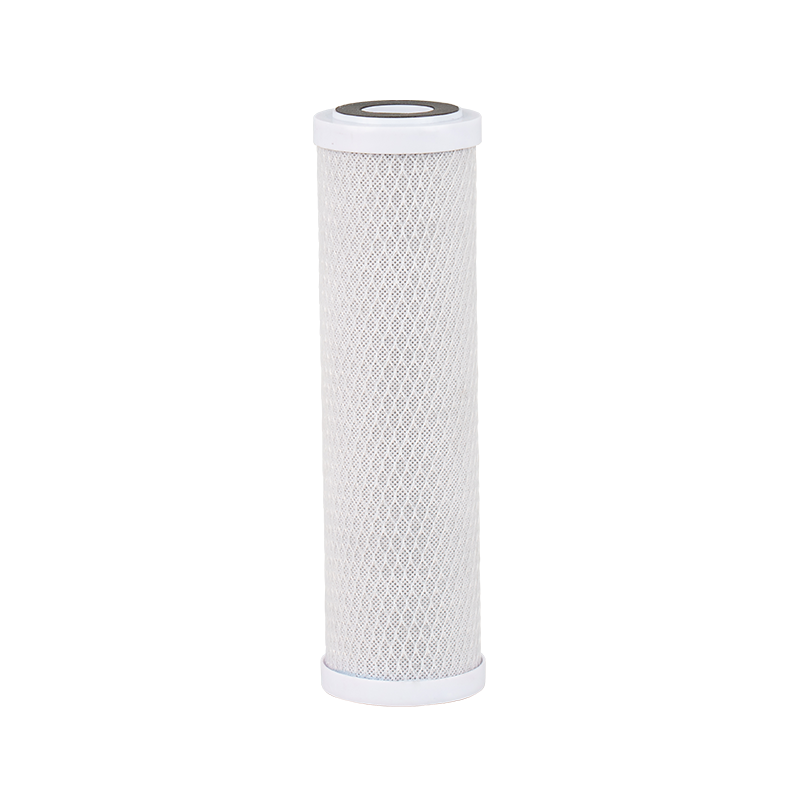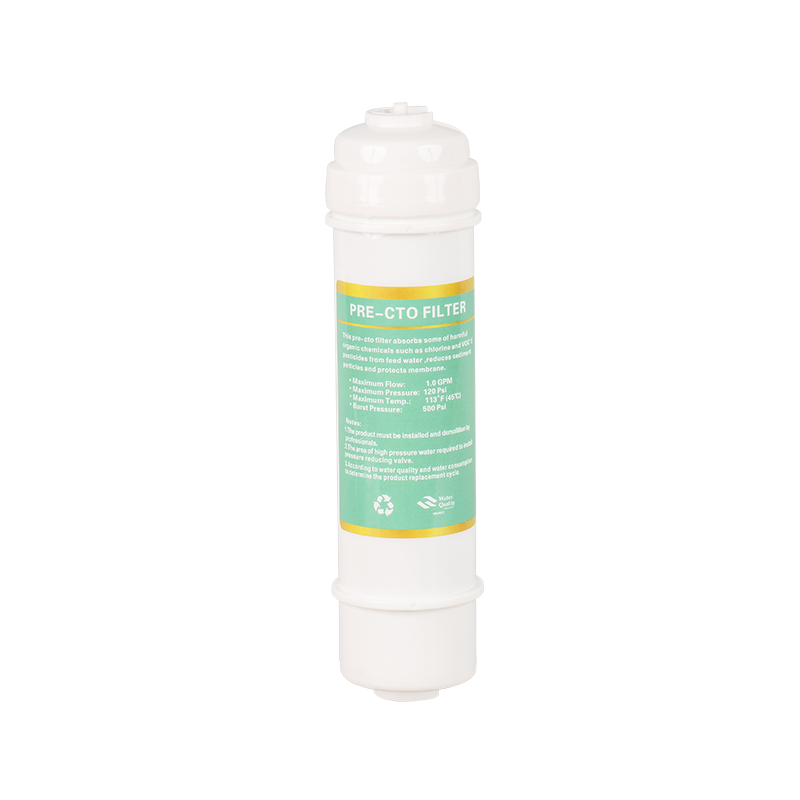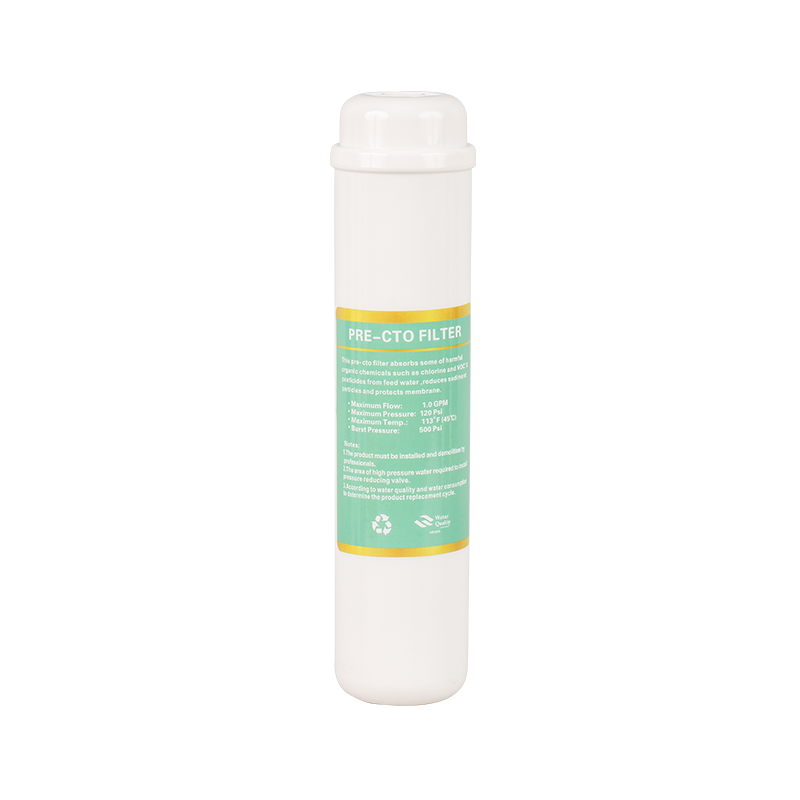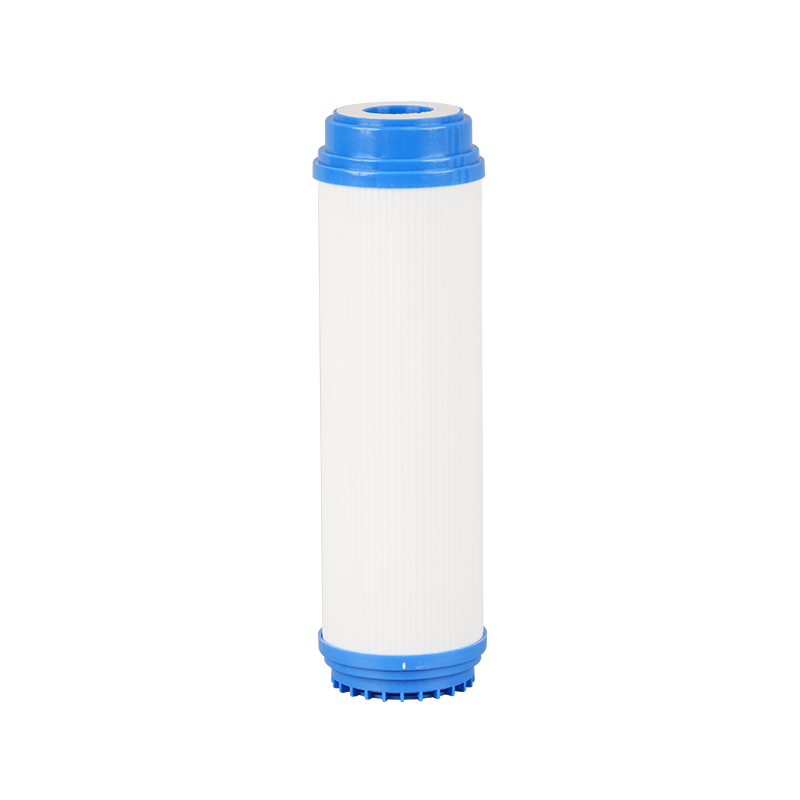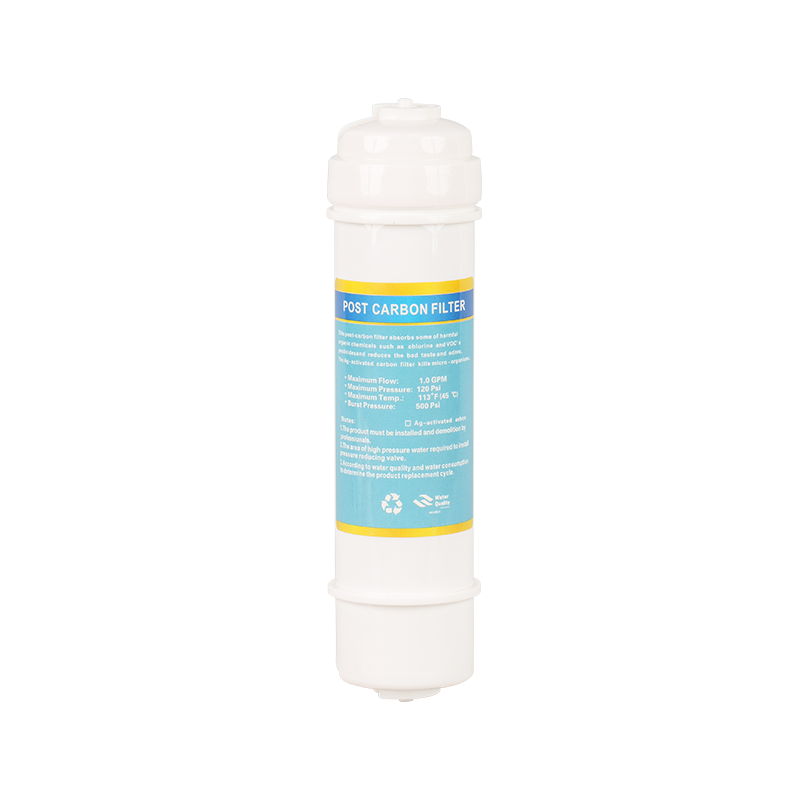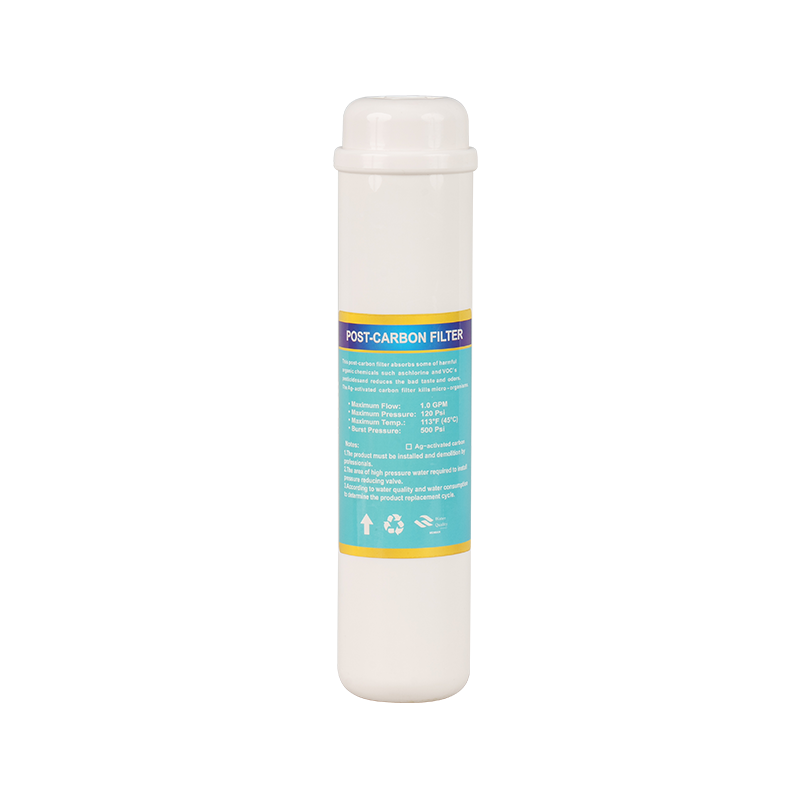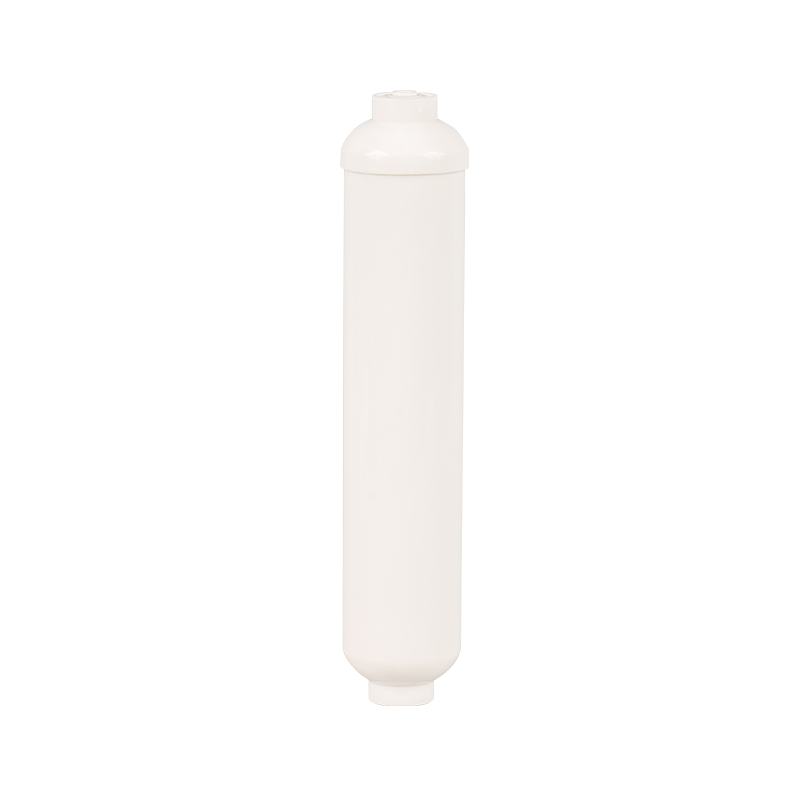Industrial water purification equipment is crucial in ensuring the quality of production processes and products.
1. Reverse Osmosis (RO) System
Principle: Remove dissolved solids, heavy metals, bacteria, and viruses from water through a semipermeable membrane.
Advantages: High removal rate, suitable for industries with strict water quality requirements, such as pharmaceuticals, food and beverages, etc.
Application: Used to produce pure water and ultrapure water.
2. Ion Exchange System
Principle: Remove cations and anions from water through ion exchange resins to soften water quality.
Advantages: Effectively remove hardness, heavy metals, and certain pollutants.
Application: Widely used in boiler feed water, cooling water treatment, etc.
3. Ultrafiltration (UF) System
Principle: Use ultrafiltration membrane to remove suspended matter, bacteria, and macromolecules from water.
Advantages: Simple operation, no chemical agents required, and can retain minerals in water.
Application: Widely used in the pretreatment of food, beverage, pharmaceutical,l, and other industries.
4. Ultraviolet (UV) Disinfection System
Principle: Use ultraviolet rays to irradiate water flow and achieve disinfection by destroying the DNA of microorganisms.
Advantages: fast and effective, no chemical substances produced, simple maintenance.
Application: suitable for drinking water disinfection, industrial water disinfection, etc.
5. Ozone disinfection system
Principle: Use the strong oxidizing property of ozone to remove organic matter and microorganisms in water.
Advantages: Strong disinfection effect, can remove odor and pigment, and will not leave residue.
Application: Suitable for drinking water treatment, wastewater treatment, and industrial circulating water treatment.
6. Activated carbon filtration system
Principle: Use the adsorption characteristics of activated carbon to remove organic matter, chlorine, odor, and color in water.
Advantages: Improve water quality and enhance the taste of water.
Application: Commonly used in drinking water treatment and industrial water treatment.
Selection suggestions
Water quality analysis: Conduct a detailed analysis based on the influent water quality and select a suitable treatment process.
Treatment requirements: Determine the required water quality standards based on the specific needs of industrial production.
System scale: Consider the production scale and water treatment capacity, and select the appropriate equipment scale.
Maintenance and operation: Evaluate the maintenance cost and operation difficulty of the system to ensure long-term stable operation.
By rationally configuring industrial water purification equipment, the water quality safety in the production process can be effectively guaranteed, thereby improving product quality and production efficiency.

 English
English 中文简体
中文简体